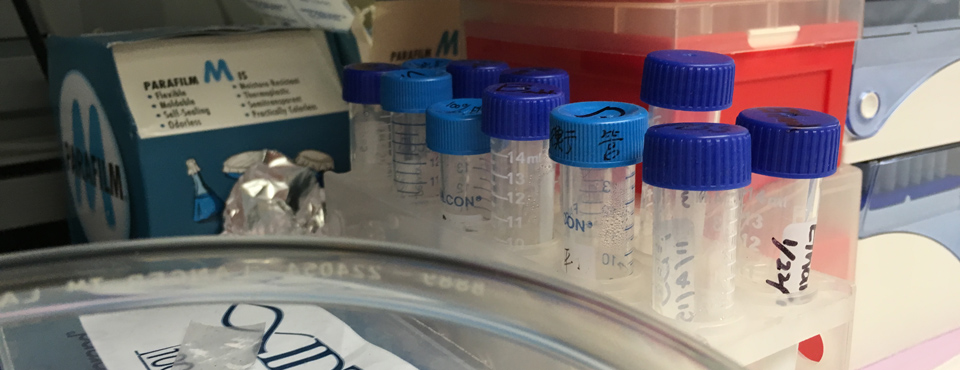Keeping your pets healthy, routine health checkups plays a vital role. Pet diagnostic labs help identify potential issues for companion animals.
In the following discussion, we’ll discuss the role of animal health testing and outline essential diagnostics.
Understanding Veterinary Labs for Pets
Veterinary laboratories specialize in processing samples to guide treatment plans. These labs employ expert technicians to help vets identify problems quickly.

Core responsibilities of veterinary labs include:
- Spotting health issues early: This helps vets act quickly.
- Keeping an eye on recurring problems: Helps vets adjust treatments.
- Evaluating care plans: Optimizes pet care.
Common Veterinary Tests for Dogs and Cats
Animal diagnostic facilities offer a wide range of diagnostic options to assess medical conditions. Common diagnostics include:
- Blood workups: Check for infections.
- Kidney function tests: Check for diabetes.
- Intestinal health exams: Ensure proper gut function.
- Allergy panels: Improve coat health.
- Structural health evaluations: Identify hidden abnormalities.
genoma laboratório veterinário
laboratório veterinlaboratorio exame veterinario
The Benefits of Regular Veterinary Testing
Consistent diagnostic exams is a critical part of pet ownership. With early warning signs identified, vets can create effective treatment plans.

Key reasons for routine testing include:
- Improved longevity: Detecting and treating conditions early helps pets remain active and happy.
- Financial benefits of early detection: Avoiding invasive procedures saves you from financial stress.
- Closer connection through care: Take action when needed.
Why Testing is Key for Dogs and Cats
Animal health testing facilities are essential for modern pet care in supporting their health journey. With routine checkups, you stay ahead of potential health issues.
Schedule a diagnostic test today to give them the care they deserve!